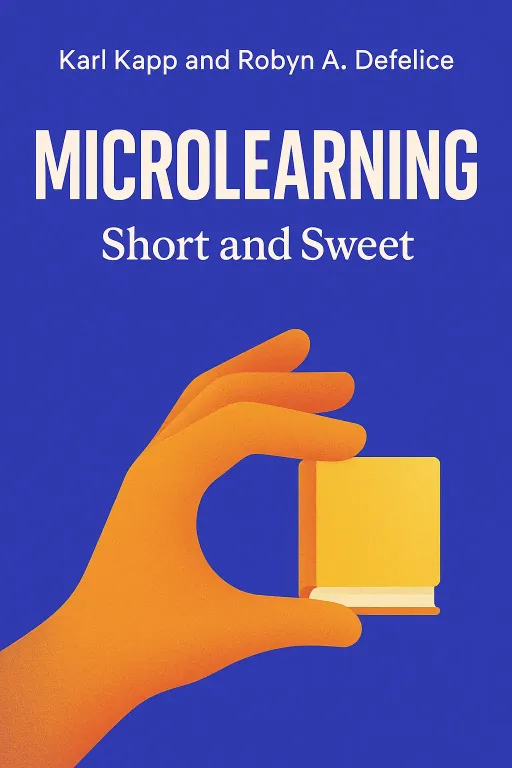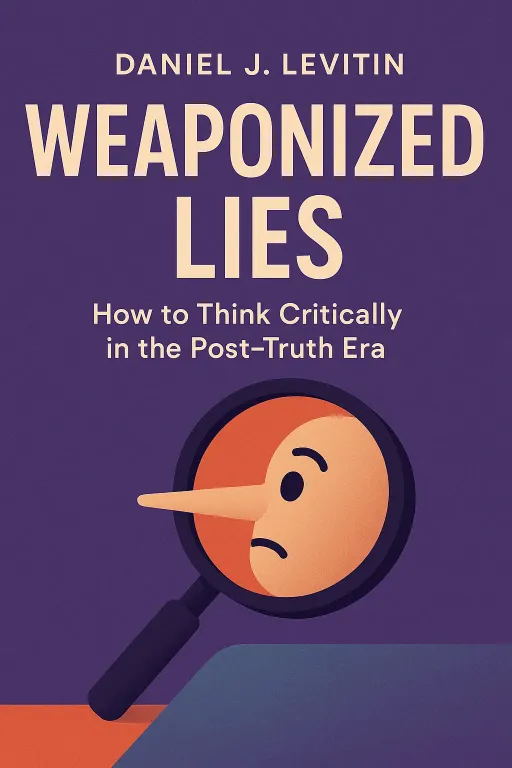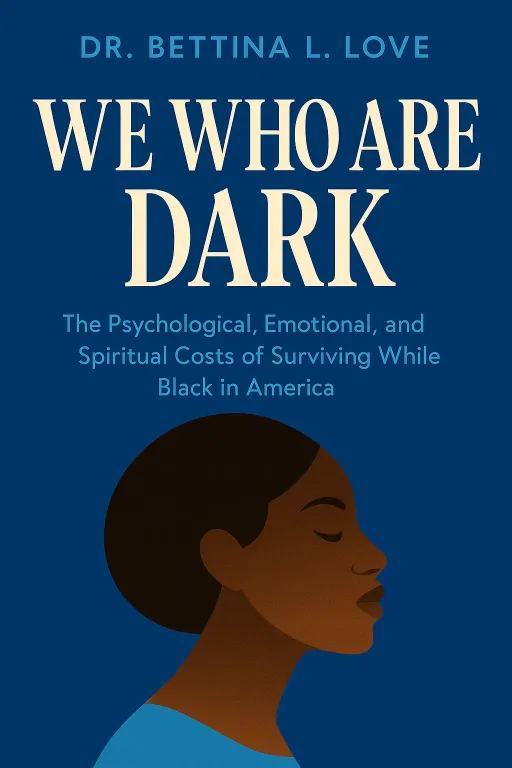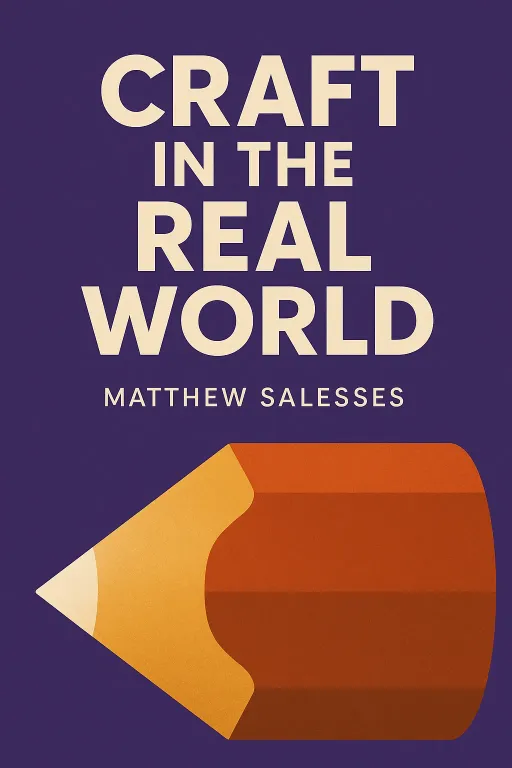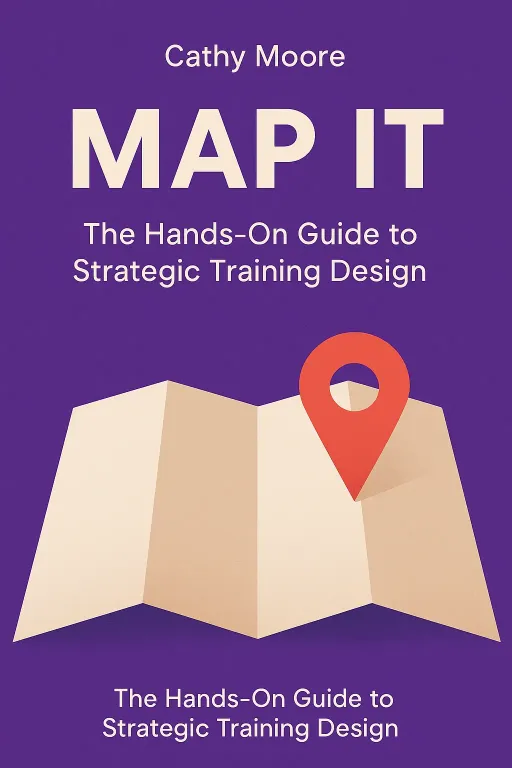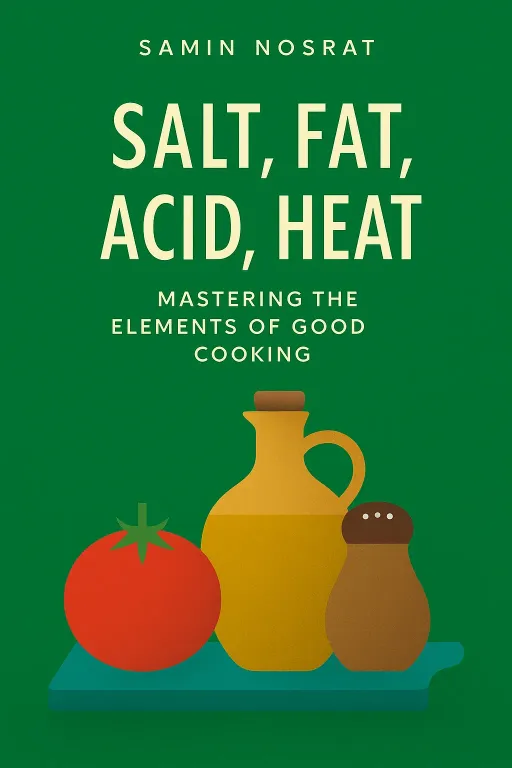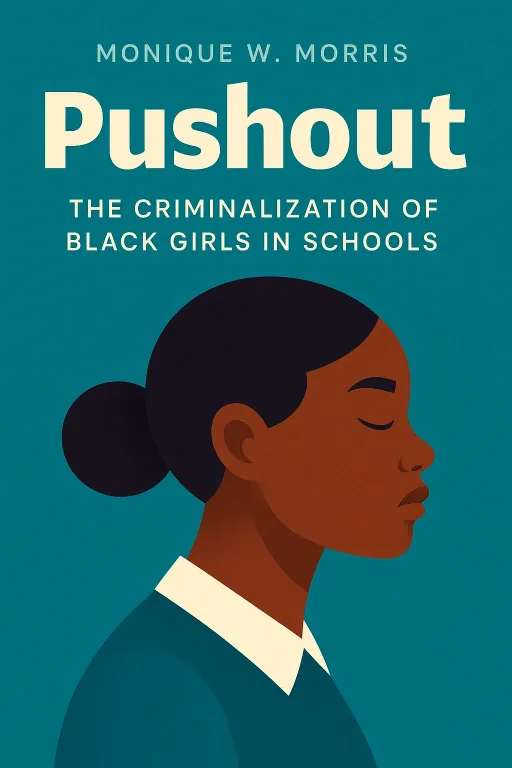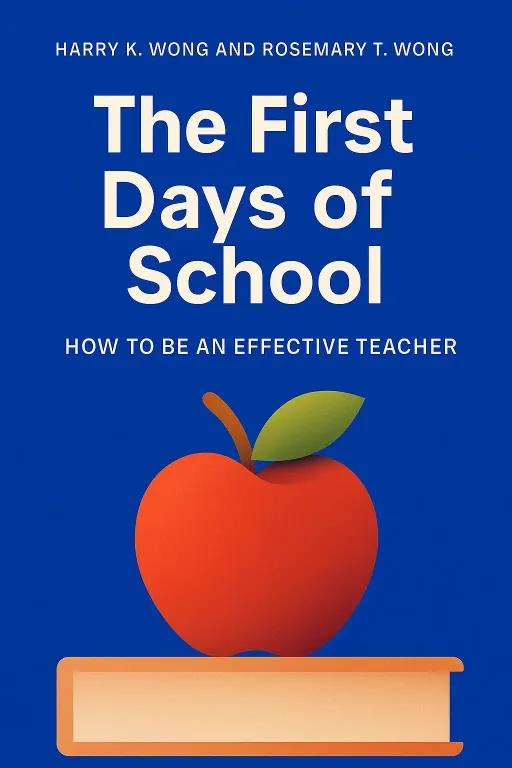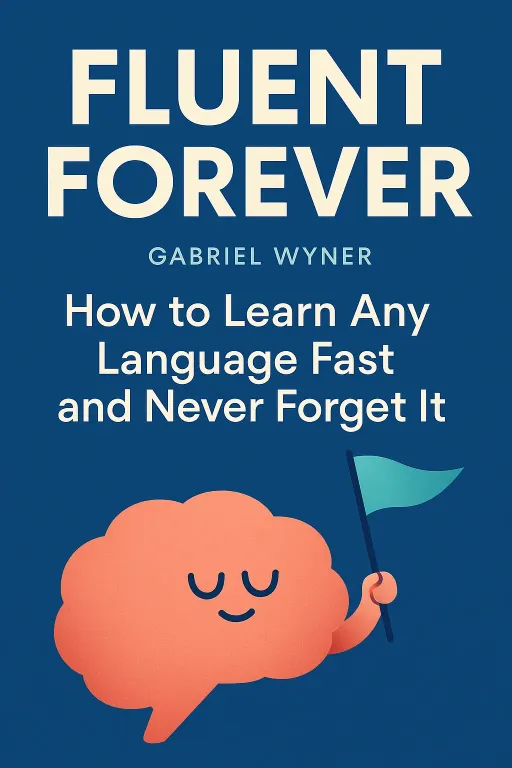
The Fluency Cheat Code
12 minGolden Hook & Introduction
SECTION
Laura: Alright Sophia, be honest. You took four years of high school Spanish. What’s the one phrase you can still say with perfect confidence? Sophia: Umm... '¿Dónde está la biblioteca?' And I don't even know if that's right. I think my brain has a special folder for 'useless language facts' that it deletes every two years. Laura: (Laughs) That is the universal experience! We spend years in classrooms, memorizing verb charts and vocabulary lists, only to be left with the ability to ask for a library we have no intention of visiting. Sophia: Exactly! It feels like our brains are just sieves for foreign words. Laura: Well, our book today argues that the problem isn't our brains, it's the method. We're diving into Fluent Forever: How to Learn Any Language Fast and Never Forget It by Gabriel Wyner. Sophia: Okay, I'm already skeptical of that title. "Never forget it"? That's a bold claim for someone who can't remember what they had for breakfast. Laura: It is bold! But what's so interesting is that Wyner isn't some academic linguist. He's an opera singer who had to learn multiple languages for his career and basically reverse-engineered a method based on how his brain actually works, not how schools think it should work. Sophia: An opera singer? That's an unusual starting point. I assume that means he's obsessed with sound? Laura: Absolutely. And we'll get to that. But before we even get to sound, he starts with a more fundamental problem: our brains are built to forget. And his first big idea is that we need to stop fighting that and start working with it.
Rewiring Your Brain: The Science of Never Forgetting
SECTION
Sophia: Hold on, 'work with' forgetting? Forgetting is the enemy! How do you work with it? Laura: By understanding why we remember some things and not others. Wyner explains that memory isn't about storing isolated facts. It's about creating interconnected neural webs. He gives this beautiful example of your first memory of a cookie. Sophia: Oh, I can picture it now. The smell of the oven, the warmth... Laura: Exactly! You remember the cookie not as a word, but as a symphony of sensations: the sight, the smell, the taste, the feeling of being in your grandmother's kitchen. That memory has countless connections in your brain. Now, compare that to a foreign word he throws at us, like 'mjöður'. Sophia: 'M-yo-dur'? Yeah, my brain just put that in the trash folder. No connections. It's just a weird sound. Laura: Precisely. It has no web. It's a single, lonely neuron destined to be pruned. Wyner argues that the entire goal of language learning is to take a foreign word like 'mjöður' and give it the rich, multi-sensory life of 'cookie'. Sophia: Okay, the cookie thing makes sense, but that's a childhood memory. How can I possibly have a deep, personal connection with a random word like... 'gato' in Spanish? I don't own a cat. Laura: This is where it gets practical. He talks about the "levels of processing." Most language learning just scratches the surface—the structure of the word, how it's spelled. To make it stick, you need to go deeper. First, to sound. Then, to concept. And most importantly, to personal connection. Sophia: So how do I make 'gato' personal? Laura: You don't just learn 'gato' means 'cat'. You go to Google Images and search for 'gato'. You see hundreds of pictures of cats. You find one that looks like your neighbor's annoying cat that digs up your garden. Suddenly, 'gato' isn't just a translation. It's a picture. It's a feeling of mild irritation. It has a story. You've created a connection. Sophia: Huh. So you're tricking your brain into caring about the word. This sounds like it's designed to fight that classic forgetting curve, right? The one where you forget 80% of what you learned by the next day. Laura: It's designed to work with the forgetting curve. This is where he introduces Spaced Repetition Systems, or SRS. It's essentially a smart flashcard system that learns how you learn. It shows you a card right at the moment you're about to forget it. Sophia: The moment of maximum struggle. Laura: Exactly. Because the act of successfully recalling something that was difficult is what tells your brain, "Hey, this is important! Strengthen this connection!" It's a principle he calls 'maximizing laziness.' You study something just enough to recall it once, and then you let the SRS handle the rest. It's about efficiency, not brute force.
The Three Pillars of Fluency: Sound, Meaning, and System
SECTION
Sophia: Alright, so we have this system—SRS—to stop us from forgetting. But what do we actually put into the system? This sounds like it could just be a fancy, digital version of boring flashcards. I hated flashcards in school. Laura: That's the perfect question, because the quality of what you put in determines everything. And this leads to his three pillars of fluency, which he discovered in a rather amusing way. He actually cheated on his French placement test to get into a harder class. Sophia: (Laughs) I love that. A story of academic fraud for the greater good. Laura: Totally. He was in over his head and had to learn French, fast. And in that panic, he stumbled upon three principles. The first is: Learn Pronunciation First. Sophia: Before vocabulary? That seems backward. Laura: It's the opera singer in him! He argues that if you can't hear the sounds of a language, you can't remember the words correctly. Your brain will just file them as noise. He points to this incredible study with Japanese adults who couldn't distinguish between the English 'r' and 'l' sounds—'rock' versus 'lock'. Sophia: Right, because that distinction doesn't exist in Japanese. Laura: Exactly. Their brains had literally learned to ignore the difference. But in the study, when they were given a simple test with immediate feedback—a green check for correct, a red X for wrong—their brains started to rewire. After training, they could hear the difference. He says you have to train your ears first, so the new words have a clear "sound file" to attach to. Sophia: Okay, that makes a lot of sense. What's the second pillar? Laura: Don't Translate. This is the big one. The goal is to get your brain to think in the new language, not constantly act as a slow, clunky translation machine between two languages. Sophia: But my brain does it automatically! How do you turn that off? If I see a 'gato', my brain flashes the word 'cat'. Laura: You do it by never putting the English word on your flashcard. The front of the card might be a picture of a cat. The back is the word 'gato' with an audio recording. You're forcing your brain to build a direct bridge from the concept of a cat to the sound 'gato', without passing through English. Sophia: That's clever. It's like building a new road instead of using the old, congested highway. And the third pillar is just using the SRS we talked about? Laura: Yes. The Spaced Repetition System is the engine that drives the whole process, ensuring those new roads get paved over and over until they're permanent. So you have: Pronunciation first, No Translation, and Use SRS. Those are the keys. Sophia: This all sounds brilliant in theory. But I have to ask, because I've seen this online—the book is highly rated, but I've heard people have mixed feelings about the app that was built on these principles. Does the method not translate well to a digital tool? Laura: That's a really fair point, and it's a known controversy. Many readers love the book's principles but feel the app's execution can be a bit clunky or uninspiring. Some critics say the app doesn't always follow Wyner's own rules perfectly. But I think that actually reinforces the book's core message. Sophia: How so? Laura: Because Wyner is teaching you how to learn. He's giving you the architectural plans. You can build the house yourself with simple tools like Anki, which is a free SRS program, or you can use a pre-fab home like an app. The power is in the principles, not in any single tool.
Playing the Language Game: From Words to Worlds
SECTION
Sophia: I like that. So you're the architect of your own learning. It's not a rigid program, it's more like... a game. Laura: That's exactly his final point. He calls it The Language Game. Once you have the principles, you get to choose how you play. You don't have to learn the word for 'apricot' just because it's in Chapter 3 of a textbook. Sophia: Thank goodness. I don't think I've ever needed to use the word 'apricot' in English, let alone another language. Laura: Right? So he says to start with a frequency list. He provides a list of the 625 most common words. These are the building blocks. Once you have those, you start playing games to make them your own. One is the "Spot the Differences" game. Sophia: What's that? Laura: You use Google Images again. He gives the example of the Russian word 'devushka', which translates to 'girl'. But when you search for it, the images are overwhelmingly of young women in bikinis. You instantly learn a cultural nuance that a dictionary would never tell you. 'Devushka' isn't just any girl; it has a specific, often objectified, connotation. Sophia: Wow. So you're learning culture and vocabulary at the same time. What's the other game? Laura: The "Memory" game. This is where you actively connect a word to a personal story. Even a silly one. And this is where we get into the really fun, weird stuff, especially with grammar. Sophia: So you're telling me I need to remember the gender of a turnip by imagining it exploding? That's... ridiculous. But I bet it works. Laura: It's absolutely ridiculous, and that's why it works! He talks about using mnemonic imagery for abstract grammar. For German, which has masculine, feminine, and neuter nouns, he suggests assigning a violent, memorable image to each gender. Maybe all masculine nouns explode, all feminine nouns catch fire, and all neuter nouns shatter like glass. Sophia: So 'der Hund', the dog, would be an exploding dog? Laura: An exploding German Shepherd, to be precise! He even suggests using a Person-Action-Object system, like imagining Arnold Schwarzenegger (Person) exploding (Action) a dog (Object) to remember a specific grammatical case. The more bizarre and vivid the mental movie, the more it sticks. Sophia: That is wonderfully unhinged. It's turning grammar from a dry set of rules into a surrealist cartoon in your head. Laura: And that's the final piece of the game: practicing speech. He frames it as a game of Taboo. You have to describe a concept—say, baseball—to a German friend, but you can't use the word 'baseball'. You're forced to improvise with the words you do know. "It's a game with a bat and a sphere..." Fluency isn't knowing every word; it's being able to play the game and get your point across anyway.
Synthesis & Takeaways
SECTION
Laura: So it all comes together. You're not just 'learning words.' You're building a rich, interconnected web in your brain. You start with the sounds to tune your ear, then you attach those sounds to images and personal stories—not translations—and you use a smart system like SRS to schedule reviews just when you're about to forget. It turns learning from a brute-force effort into an elegant, efficient game. Sophia: It really reframes the goal. It’s not about 'being good at languages,' it's about being a good architect of your own learning system. It makes me feel like I could actually do it, instead of just blaming my 'bad memory'. Laura: You absolutely could. It's about having the right tools and the right mindset. The book is incredibly empowering because it demystifies the whole process. Sophia: It makes me wonder, what's the one language our listeners have always wanted to learn but felt they couldn't? Laura: That's a great question. We'd love to know. Find us on our socials and tell us what language you're dreaming of tackling with these new tools. Maybe it's time to finally go beyond asking for the library. Sophia: (Laughs) Maybe this time I'll learn how to order a coffee. A much more useful skill. Laura: This is Aibrary, signing off.
